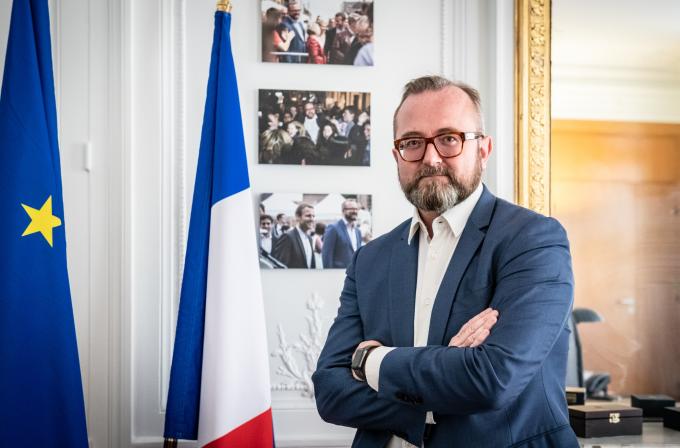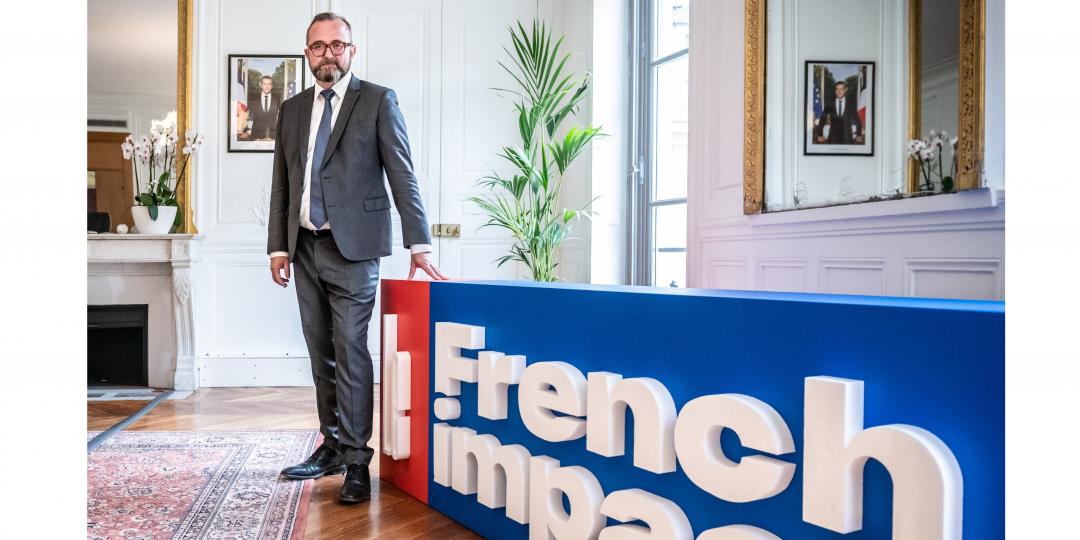Pact for Impact: A global coalition where social innovation inspires ambitious, agile policy
What is the Social and Solidarity Economy (SSE) and how is it different from the Inclusive Economy?
The Social and Solidarity Economy is made of enterprises and firms whose first object is to solve a social, environmental, educative or sanitary issue. Its mission is first and foremost to have a social impact. It is financially sustainable, but its main goal is to bring about positive impact on a specific issue.
The Inclusive Economy characterises traditional enterprises which have decided to transform their economic models to integrate social and environmental impacts. Consequently, the Inclusive Economy seeks profit but also includes impacts into its mission.
Why do you feel it is important for these two fields to be brought together?
Building an alliance between the Social and Solidary Economy and the Inclusive Economy serves both.
For the Social and Solidarity Economy, an alliance creates the opportunity to leverage the momentum to increase its development and growth, and consequently increase its impact.
As for the Inclusive Economy, an alliance will accelerate companies’ transitions from traditional models to more inclusive models, thus gaining efficiency in their commitments.
What is the purpose of the Pact for Impact? What do you hope it will achieve?
The Global Alliance Pact for Impact aims to change our economic models in the world. To meet the challenges of today—social, ecological, sanitary, etc.—we need to accelerate the transition towards a more social, solidary and inclusive economy. This implies speeding up the growth of social and solidarity economy, and transforming the traditional economy to make it more inclusive.
To do so, we need to work on the diplomatic and political aspects of this transition. This means bringing the vision of this economy to the international political agenda, adopted by the main international organizations. It also implies changing the way we cooperate in the Global North, the Global South, and between the two.
Thus, Pact for Impact is a coalition of governments, enterprises, investors, and all actors from the civil society, who have come together to strengthen the weight of the social and inclusive economy to accelerate the transformation of our economic models.

What else is needed to successfully achieve the Sustainable Development Goals? Who are the key stakeholders in making this happen?
To achieve the SDGs, we have to rely upon coalitions. Coalitions of states, coalitions of investors, and coalitions of enterprises, which are drivers of social and inclusive economy, and which will be able to increase and foster the necessary transitions. We cannot reach the SDGs with the current model.
The key stakeholders are therefore governments, enterprises of the Social and Solidarity Economy and Inclusive Economy, investors, local communities, and NGOs.
What do you believe should be the role of entrepreneurs in helping to develop policy? How can they get involved in Pact for Impact?
Social enterprises bring social innovations, which help to change the social and environmental models of today. Consequently, they also bring political innovations, in the sense that they are a source of inspiration for policies. Through a bottom-up approach, entrepreneurs serve public policies to find solutions to issues where public actors face difficulties and barriers. It is thus necessary for public policies to be more flexible to adapt to these innovations and to these new models, to solve issues more efficiently.
First, entrepreneurs can get involved in Pact for Impact by joining the governance structure that we are building all around the globe—to organise Pact for Impact Summits and to mobilise other enterprises from the traditional economy to join them.
Second, they can create alliances in their territories with social innovators, creating strong economic models locally and bringing solutions to issues that can hardly be tackled by public policies alone.
How can governments and inclusive business entrepreneurs more effectively work together?
Basically, social innovation means public innovation. Because social innovation helps to answer problems that public policies try to solve, it is important to create synergies between both types of actors.
To achieve that, it is necessary that public policies become more ambitious, but also more flexible, more humble and more agile to adapt to the developments of social innovation.
